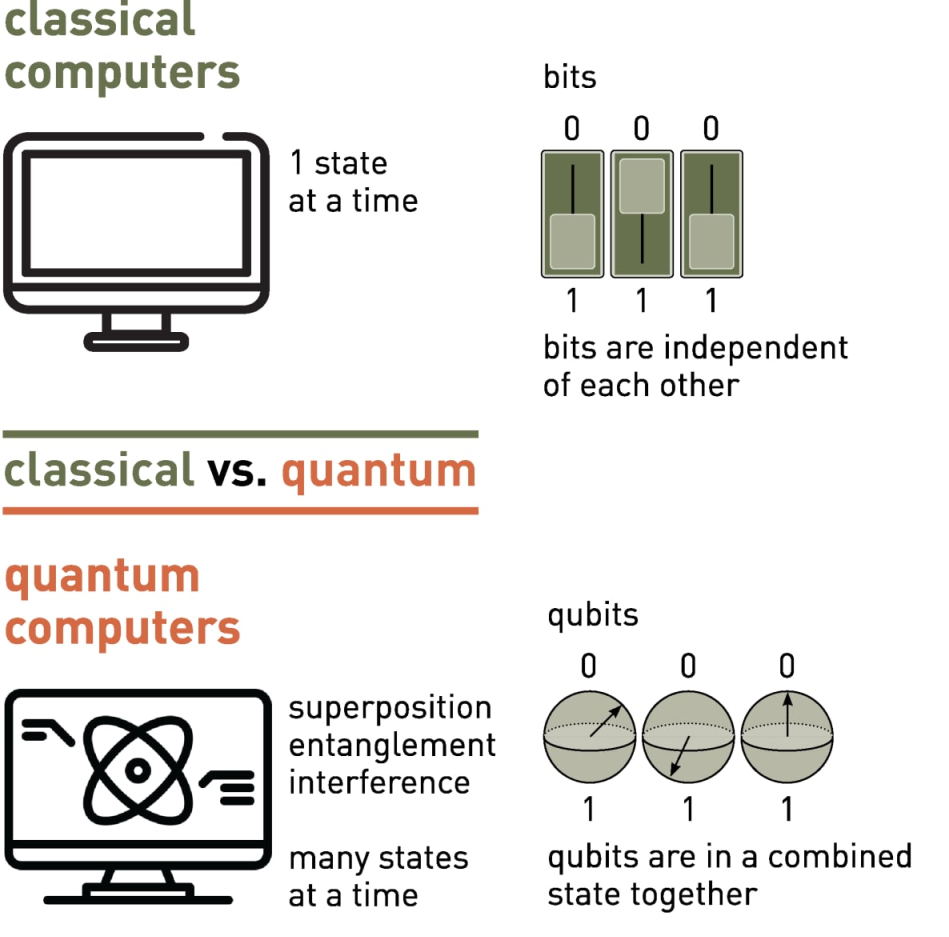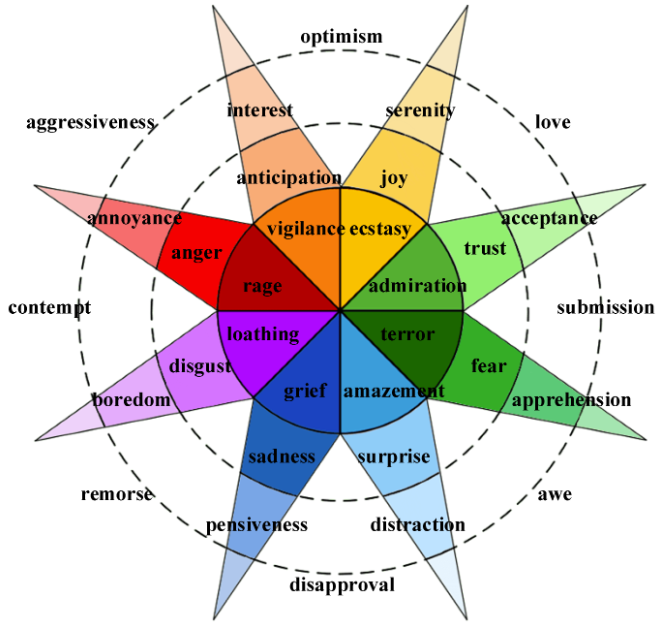We find ourselves at an exciting crossroads where two transformative technologies, Artificial Intelligence (AI) and Quantum Computing, converge. As we envision the future, exploring the potential synergy between these cutting-edge domains is crucial. Moreover, amidst the rapid advancement of technology, let us remember the importance of infusing the human element – love and compassion – into the development and application of these technologies.
We will explore the exciting possibilities and considerations when combining AI, Quantum, and Love.
Today, there is a growing interest in incorporating the concept of love into AI. While love is a complex and multifaceted emotion that is difficult to define, researchers are exploring ways to integrate it into AI systems to create more empathetic and emotionally intelligent machines.
So, what does the intersection of quantum computing and love mean for the future of AI and humanity?
Quantum and AI
Quantum computing is a new paradigm for computing that is based on the principles of quantum mechanics. This simply means that unlike classical computers, which use bits to represent information as either 0 or 1, on the other hand, quantum computers use quantum bits or qubits, which can represent both 0 and 1 simultaneously (as shown in the picture below).

This enables quantum computers to perform specific calculations exponentially faster than classical computers. Now, imagine, if/when this speed and power can be harnessed to enhance AI in so many ways.
For instance, quantum computing could enable us to train AI models more quickly and accurately, allowing for more sophisticated and nuanced AI systems. It could also be used to solve optimisation problems that are beyond the capabilities of classical computers, such as those in logistics, finance, and materials science.
Additionally, quantum computing could enable us to create new types of AI algorithms specifically designed to take advantage of the unique properties of quantum computing. This could lead to breakthroughs in areas such as machine learning, natural language processing, and image recognition.
Love and AI

While it may seem strange to talk about love in the context of AI, there is growing interest and research in this area. One reason for this is that as AI becomes more ubiquitous in our lives, there is a growing need for machines that are not only intelligent but also empathetic and emotionally intelligent.
The idea of incorporating #love into #AI has been introduced previously. The concept of “artificial emotional intelligence” has been around for decades.
However, recent advances in AI and machine learning are making it possible to create machines that can better understand and respond to human emotions.

One approach to incorporating love into AI is through the use of affective computing, which is the study of emotion recognition and response in machines. Affective computing involves using sensors and other data sources to detect and analyse human emotions and then using this information to inform AI systems.
Another approach is through the use of “emotional AI” or “affective AI,” which involves creating AI systems that are designed to mimic human emotions and responses. This can involve using natural language processing to detect emotional cues in human speech or using computer vision to detect emotional expressions in human faces.
Now, bit on Intersection of Quantum Computing and Love in AI.
While quantum computing and love may seem like unrelated concepts, there are potential synergies between these two areas.
For example, quantum computing could enable us to create AI systems that are better able to understand and respond to human emotions. This could involve using quantum computing to perform more sophisticated analyses of emotional data or using quantum computing to create more complex and nuanced models of human emotion.
Additionally, the speed and power of quantum computing could enable us to create more responsive and adaptive AI systems that can better respond to changes in human emotions and behaviour.
Another potential area of synergy is in developing more ethical and responsible AI systems. As AI becomes more advanced and powerful, there is a growing need to ensure that these systems are developed and used in an ethical and responsible manner.
Consider a scenario where AI, powered by Quantum Computing, is applied in healthcare. Intelligent algorithms can analyse vast amounts of medical data, identify patterns, and assist in diagnosing complex diseases. By infusing love and compassion, the AI system can provide personalised and empathetic recommendations, alleviating patient concerns and fostering a deeper connection between healthcare providers and patients.
The future is unpredictable, but as humans, we need to hope for the best and work together to have a combination of AI, Quantum, and Love to impact society positively and, most importantly, get in sync with Mother Nature rather than working against it.

